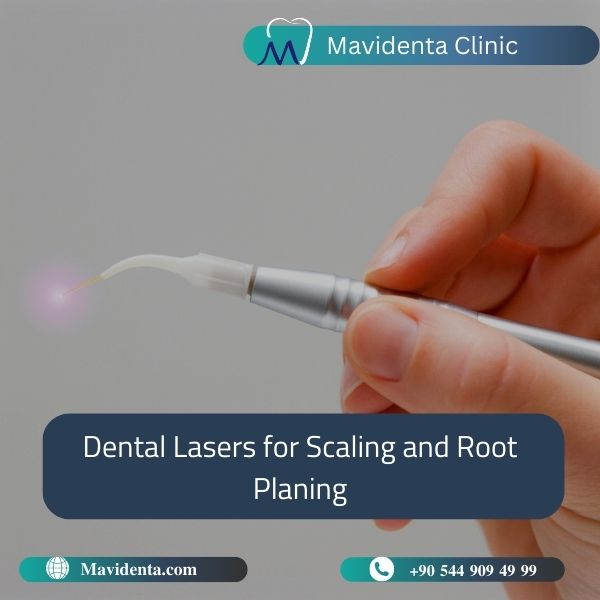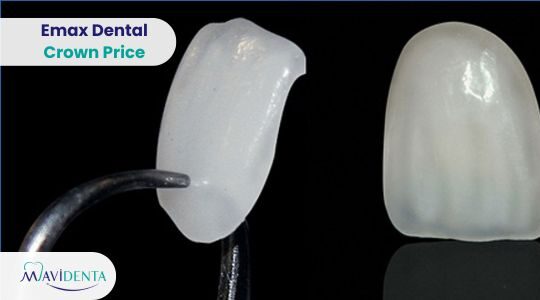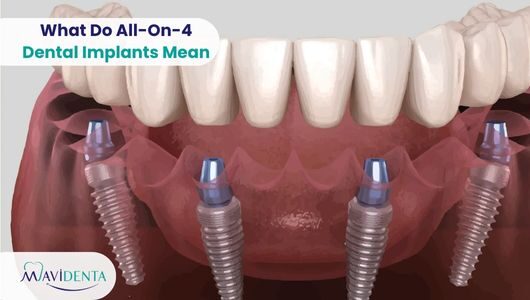Have you experienced a severe gum disease? Do you need to do a deep cleaning? Can A General Dentist Do Scaling And Root Planning?
Follow us on this article to know all you need!
Let us start by introducing the procedure of scaling and root planning!
The Scaling and Root Planning Procedure
Dental tartar is removed from the surfaces of the teeth through the scaling procedure. Root planning smooths the root surfaces and removes any infected tooth material.
The following will be done throughout the deep cleaning process, but the common question Can a general dentist do scaling and root planing?” usually be raised. Read and know the answer.
Local anesthesia will be given by your dental professional, either a dentist or hygienist, to minimize pain.
- Your dentist will perform scaling and root planning, which uses specialized dental tools to remove tartar above and below your gum line.
- Your dentist may rinse or irrigate your mouth with an antibacterial solution (such as chlorhexidine) following scaling and root planing to clean the area further.
- Your dentist may place local antibiotics directly into the periodontal pockets.
An entire cleaning can be done in a few sessions. One session for each half or quarter of your mouth may be necessary to complete the cleaning. One reason is that your dentist wants to ensure you’re sufficiently sedated.
Numbing your entire mouth for one session may make talking, eating, or swallowing difficult. Additionally, after finishing a full-mouth scaling and root planning, you may be in great discomfort.
Another reason deep cleaning necessitates multiple appointments is the need for sufficient time to ensure that all aspects of gum disease, such as tartar and plaque removal, are treated. A less thorough cleaning will not be as efficient and may take less time.
Wisdom Teeth Removal in Turkey: Procedure, Cost, and Benefits
Dental Lasers for Scaling and Root Planning

We will find many ask this question: can a general dentist do scaling and root planning by laser? Laser therapy eliminates inflamed gum tissue and makes the root accessible. The root surface is cleaned of calculus, and the pocket is rinsed. A fibrin clot forms to seal the pocket following the procedure. Reattaching the gum tissue to the tooth reduces the depth of the pocket after healing is complete.
In periodontal therapy, laser has many advantages, such as:
- Bacteria and unhealthy tissues are removed by laser.
- Accelerates tissue regeneration for quicker healing and healthier tissues.
- Instead of the usual 3-5 days, the pocket is sealed to stop bacterial growth for 2 weeks.
Why Scaling and Root Planning is Performed
With the help of scaling and root planning, the periodontist can clean in this area, getting rid of any potential disease-causing bacteria. It may also be necessary to file down rough patches on the roots where those bacteria may gather.
Laser help in reducing the pockets that form between your teeth and gums through teeth scaling and root planning, it will reduce the risk of suffering from the tooth, bone, and tissue loss associated with chronic periodontal disease.
However, what kind of patient may be subject to the procedure of scaling and root planning and can a general dentist do scaling and root planning?
What qualifies a patient for scaling and root planning?
Patients who have generalized suprabony pockets, swollen, inflamed gingiva, and severe to moderate bleeding upon probing are candidates for treatment.
Next, let us explain who should do the procedure of scaling and root planning.
Who performs scaling and root planning?
These gum disease remedies are provided by dentists and periodontists (gum disease specialists). Dental hygienists frequently perform the procedure.
A periodontist is an expert in treating periodontitis and performs a process called “deep cleaning,” which consists of scaling and root planning.
Dental hygienists are qualified healthcare professionals. They offer oral health counseling, preventative care, and screening for early-stage gum disease. They also have extensive training and skill sets in managing periodontal disease. In a dentist’s office, hygienists are also qualified to administer local anesthesia.
Let us see if the general dentist can do scaling and root planning!
Can a general dentist do scaling and root planning
Scaling and root planning can both be done by general dentists. If a patient’s teeth require more work, some dentists might advise that they visit a periodontist.
For more explanation, we will talk about a Periodontist and a Dentist.
What’s The Difference Between a Periodontist and a Dentist?

A dentist who has received specialized instruction in periodontics is known as a periodontist. They provide the best level of care for treating diseases like gum disease because they are experts in the bone and tissue that surround your teeth.
You should visit a periodontist if:
- Feeling pain in your mouth
- Bleeding, particularly while using a toothbrush or floss
- Gums are swollen, tender, or red
- Teeth are loose or separated
- Gum recession
- Breath problems
- Change in your bite
And you should dentist a general dentist if:
- You should have regular exams to ensure your oral health
- You should brush your teeth
- You require filling a cavity
- You require a root canal
- You demand x-rays
- To restore a tooth, you need a crown
- You desire a cosmetic dentistry procedure, such as dental bonding or veneers
I think now, you know well the answer to this popular question “can a general dentist do scaling and root planning?”
To conclude, you need to do scaling and root planning in some severe gum disease. This procedure treats gum inflammation and removes tartar. It is a deep cleaning process. The general dentist or periodontist can do it. But if your gum requires more work, a periodontist is recommended.
FAQ
Will scaling and root planing treatment hurt?
To reduce pain during the scaling and root planing procedure, local anesthesia will be used.
Does scaling and root planing require special aftercare?
You might have to make several appointments with the dentist. You can resume your normal activities right away after each treatment, but you might need to change your diet to adapt for swelling and increased sensitivity.
What are the advantages of scaling and root planing?
Generally speaking, gums that have experienced swelling and inflammation will return to normal.










